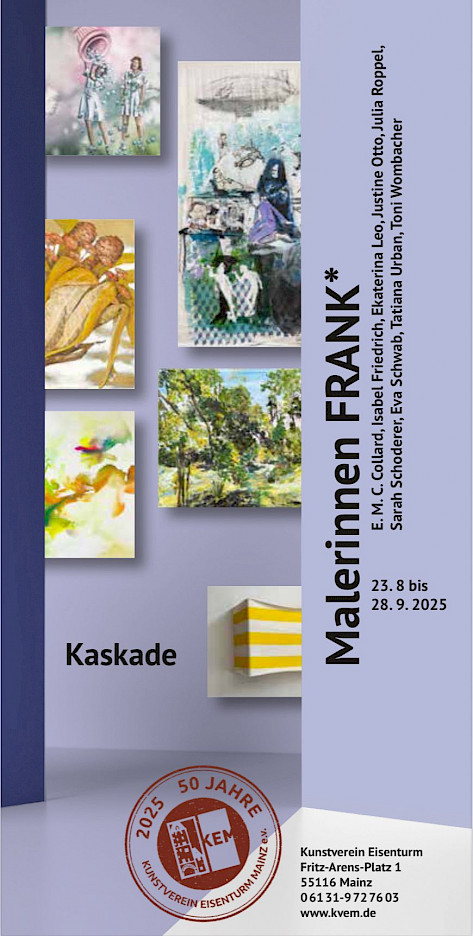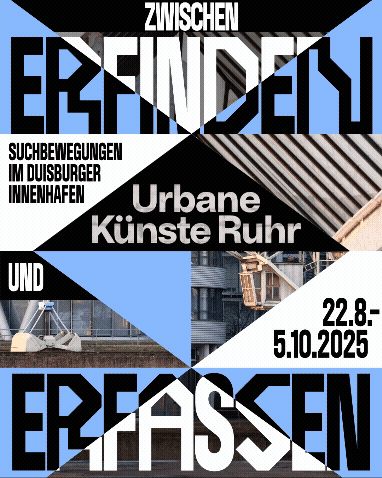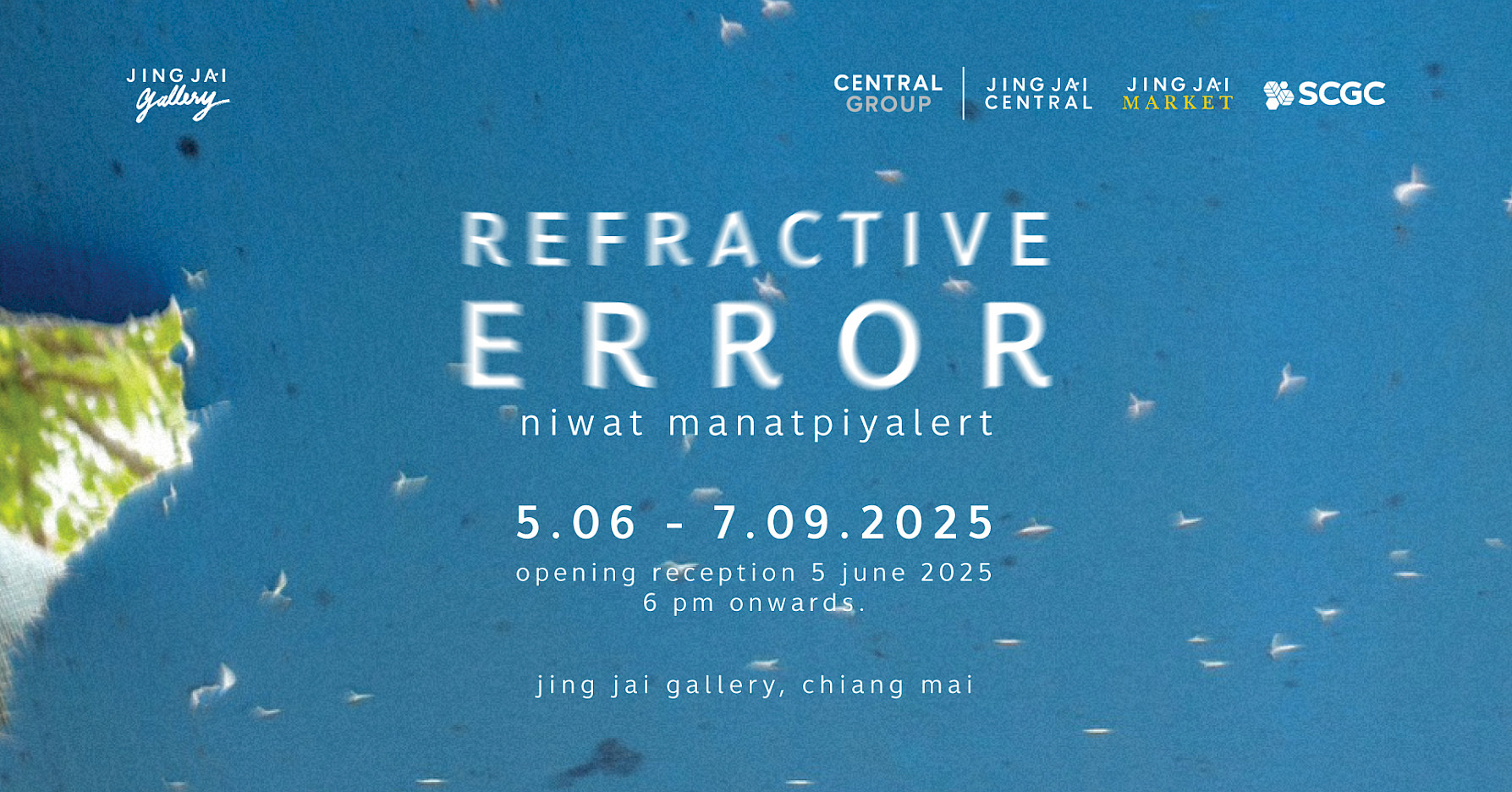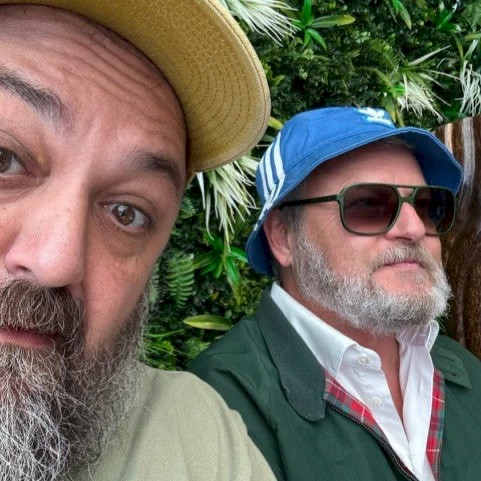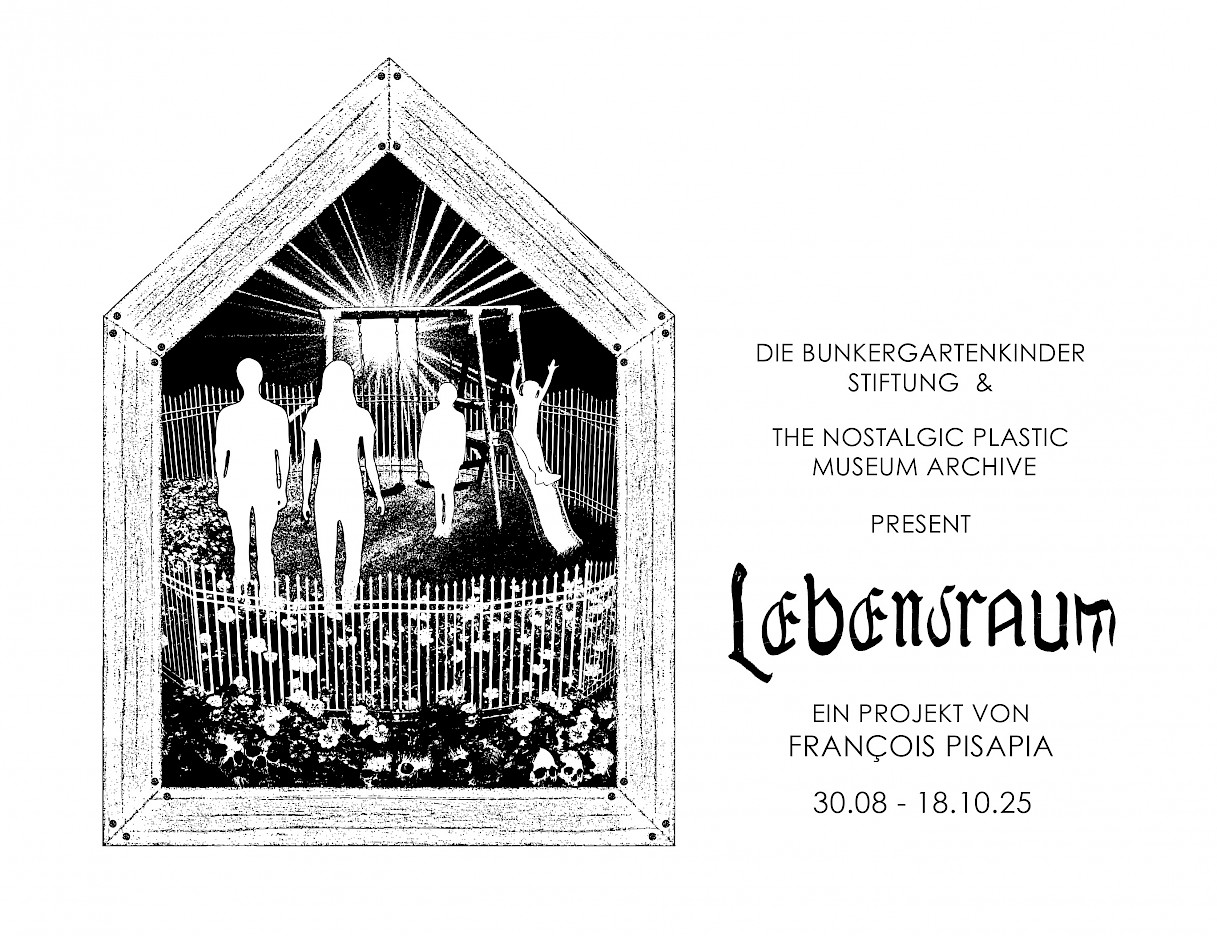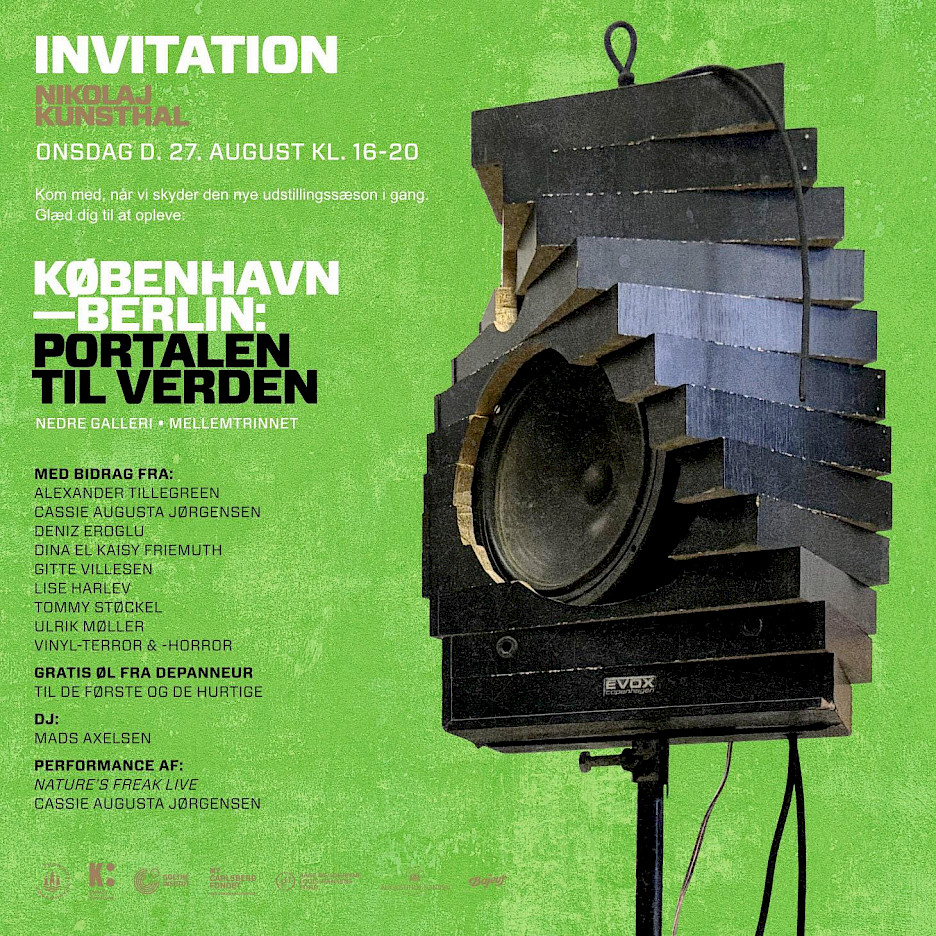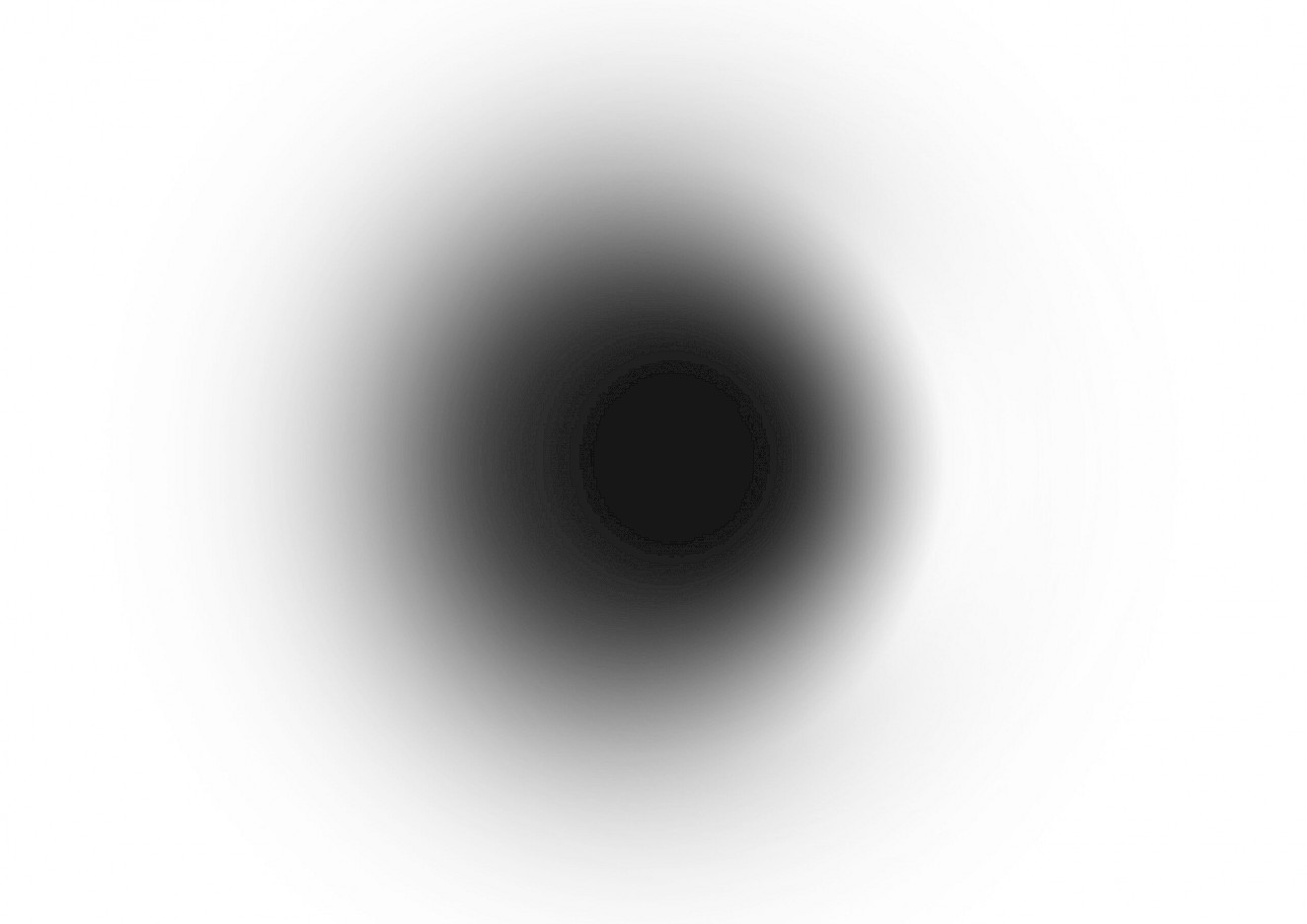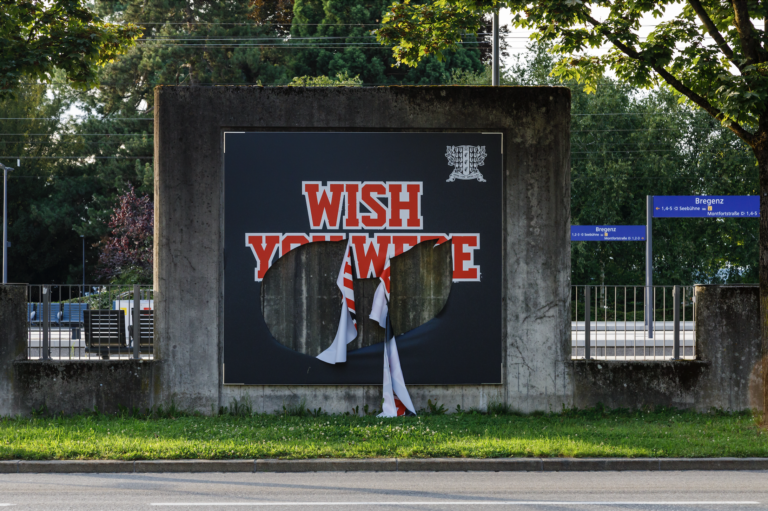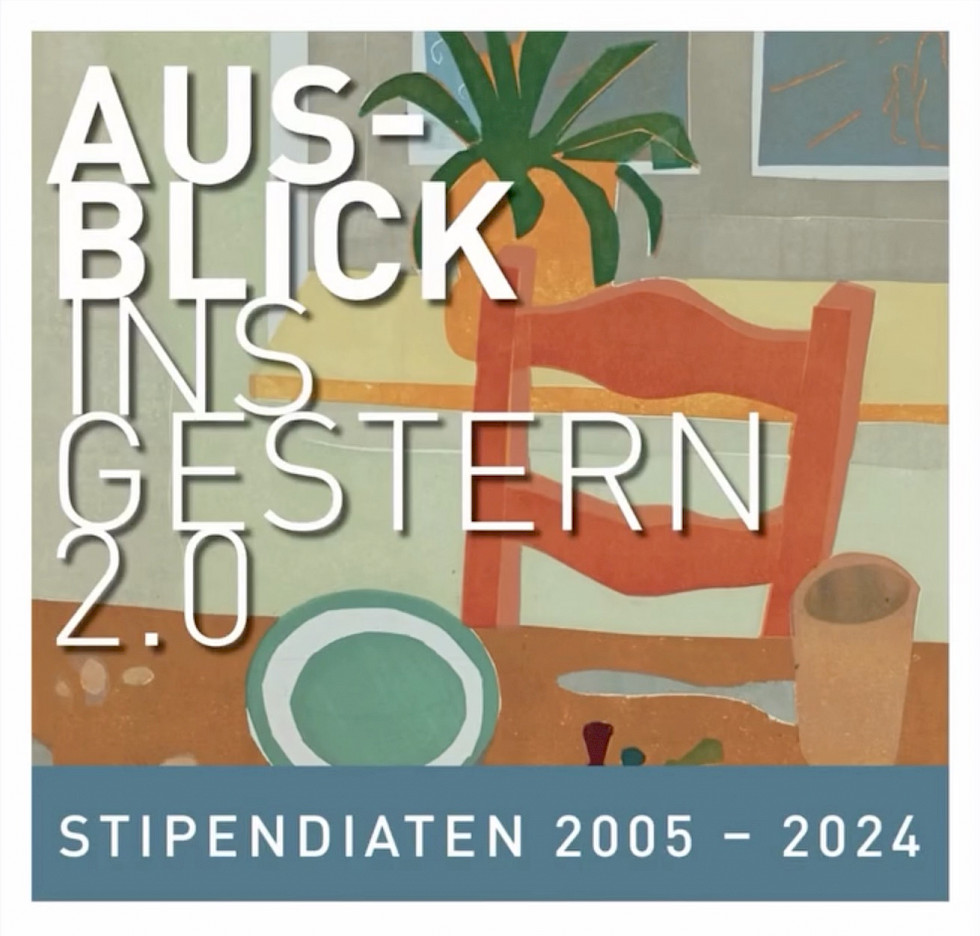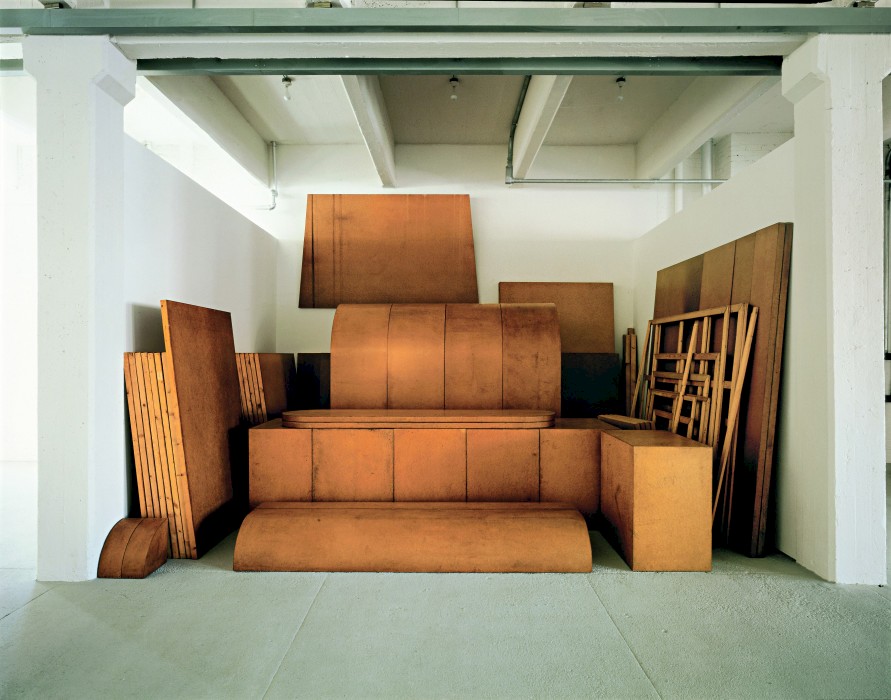Friday, November 12, 2021, 12:30–2:30 pm, Dia Chelsea and Dia Online
Dia Chelsea
537 West 22nd Street
New York, New York
Register for the in-person event here
Register for the online event here.
On the occasion of Dia Beacon’s simultaneous presentation of works by Imi Knoebel, Charlotte Posenenske, and Franz Erhard Walther, this two-hour event brings together a new generation of artists and scholars to reconsider the classification of “German Minimalism,” a term that has been used to describe artistic practices that emerged in West Germany in the mid-1960s.
Reflecting conceptual engagement—and sometimes direct contact—with Minimalist art from the United States, Knoebel, Posenenske, Walther, and many of their peers employed industrial materials and processes, a reduced geometric vocabulary, the serial repetition of forms, and an emphasis on embodied relationships to sculpture. However, the work of these German artists can also be distinguished in various ways from US Minimalism, which has traditionally been understoodthrough the abstract theoretical discourse of phenomenology. Expanding beyond simple morphological comparison, this symposium considers defining features of Knoebel, Posenenske, and Walther’s practices that depart from United States models.
Apanel of art historians and practicing artistswill discuss an alternative historical view on German art of the 1960s and a new understanding of its relevance to artistic practices today. Speakers include Gordon Hall, Hanna B. Hölling, Colin Lang, Gregor Quack, Michael Sanchez, and Sung Tieu, with moderator Ian Wallace, 2020–21 Andrew M. Mellon Curatorial Fellow at Dia Art Foundation.
Participants
Gordon Hall is an artist based in New York. Hall has exhibited and performed at, among others, Art in General, Brooklyn Museum, Movement Research, Socrates Sculpture Park, Drawing Center, and Whitney Museum of American Art, New York.
Hanna B. Hölling is associate professor of the history of art at University College London and research professor at Bern University of the Arts, Switzerland. Her research, publications, and teaching focus mainly on the philosophy and theory of conservation and art and material culture since the 1960s.
Colin Lang is an art historian, critic, and editor living in Berlin. He received his PhD in art history from Yale University, New Haven, Connecticut in 2010.
Gregor Quack is an art critic, curator, and PhD candidate at Yale University in New Haven, Connecticut. His dissertation in progress focuses on the work of Franz Erhard Walther.
Michael Sanchez is an art historian living in New York. He received his PhD in art history from Columbia University, New York in 2016.
Sung Tieu is an artist based in Berlin. Her work has been exhibited at international venues including Haus Der Kunst, Munich, Nottingham Contemporary, Nottingham, and Galerie für Zeitgenössische Kunst, Leipzig, and is currently on view at Kunstmuseum Bonn.
Ian Wallace is a writer, curator, and art historian based in New York. He received his PhD in 2021 from the Graduate Center of the City University of New York, where his dissertation addressed the institutional “rediscovery” of Charlotte Posenenske. Wallace was the 2020–21 Andrew W. Mellon Curatorial Fellow at Dia Art Foundation.
Schedule
12:30–12:40 pm Welcome and introductory remarks
Ian Wallace
12:40–12:50 pm Gregor Quack
12:50–1 pm Hanna B. Hölling
1–1:10 pm Gordon Hall
1:10–1:20 pm Colin Lang
1:20–1:30 pm Break
1:30–1:40 pm Michael Sanchez
1:40–1:50 pm Sung Tieu
1:50–2:30 pm Discussion and Q&A
Moderated by Ian Wallace
